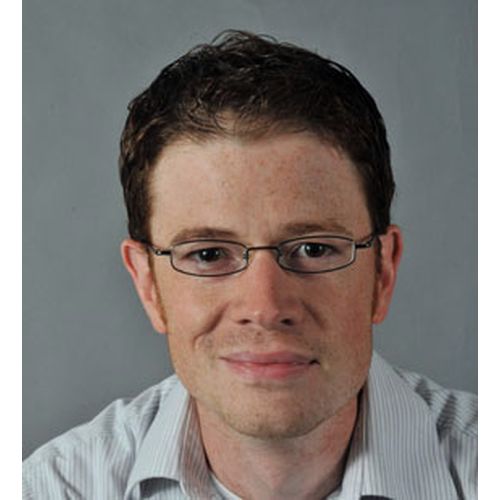About This Webinar

The World Health Organization recently reported that more than 60% of new cancer cases and 70% of cancer deaths each year occur in low- and middle-income countries (LMICs). In this context, photodynamic therapy (PDT) emerges as a promising candidate for cancer treatment. PDT is a light-based modality in which wavelength-specific activation of a photosensitizer is used to generate cytotoxic photochemical products in target tissue. This approach typically uses red or near-infrared light with irradiance in the range of tens of milliwatts per square centimeter and that can be produced using low-cost LED sources that can be engineered to deliver light to a variety of tumor sites. Celli discusses his group’s experience in the development of technology to enable PDT using aminolevulinic acid photosensitization for treatment of early-stage oral malignancy in India. He also briefly discusses the technology’s future challenges and opportunities for broader implementation for oral cancer treatment in India and its adaptation to treat other conditions globally.
***This presentation premiered during the 2022
BioPhotonics Conference. For more information on Photonics Media conferences, visit
events.photonics.com.
About the presenter

Jonathan Celli is associate professor of physics at the University of Massachusetts Boston (UMass Boston). His group is involved in multiple ongoing projects focused on the development of photodynamic therapy (PDT) for pancreatic and oral cancers. Celli’s research encompasses basic studies examining biological and biophysical determinants of PDT response, as well as development of PDT/imaging technologies, including instrumentation that is currently being used in the clinic. He is a member of the board of directors of the International Photodynamic Association and has been active in PDT research for more than 15 years. Prior to joining the faculty at UMass Boston, Celli was a postdoc and junior faculty member at the Wellman Center for Photomedicine at Massachusetts General Hospital, where he received a K99 Career Development Award from the National Cancer Institute.